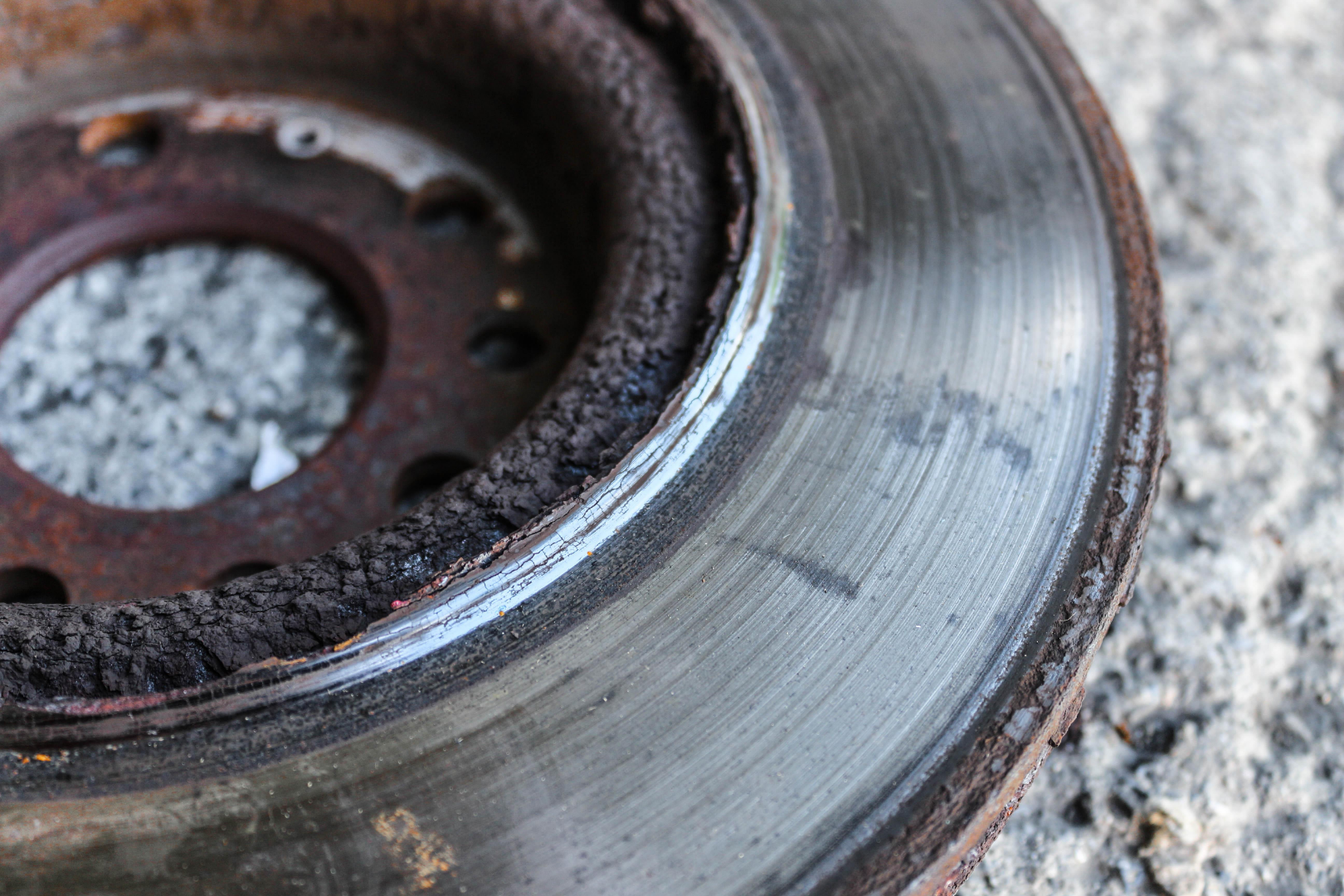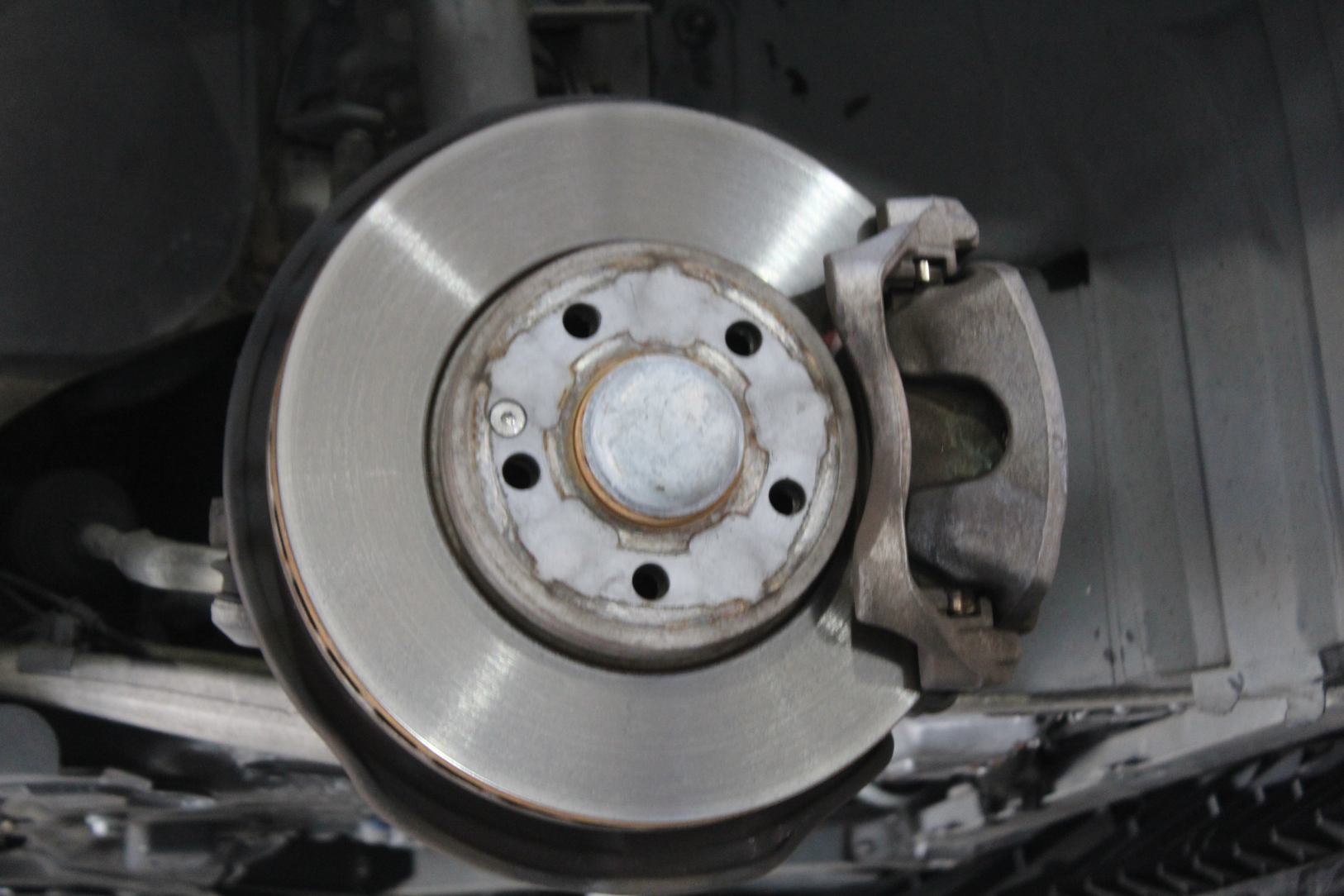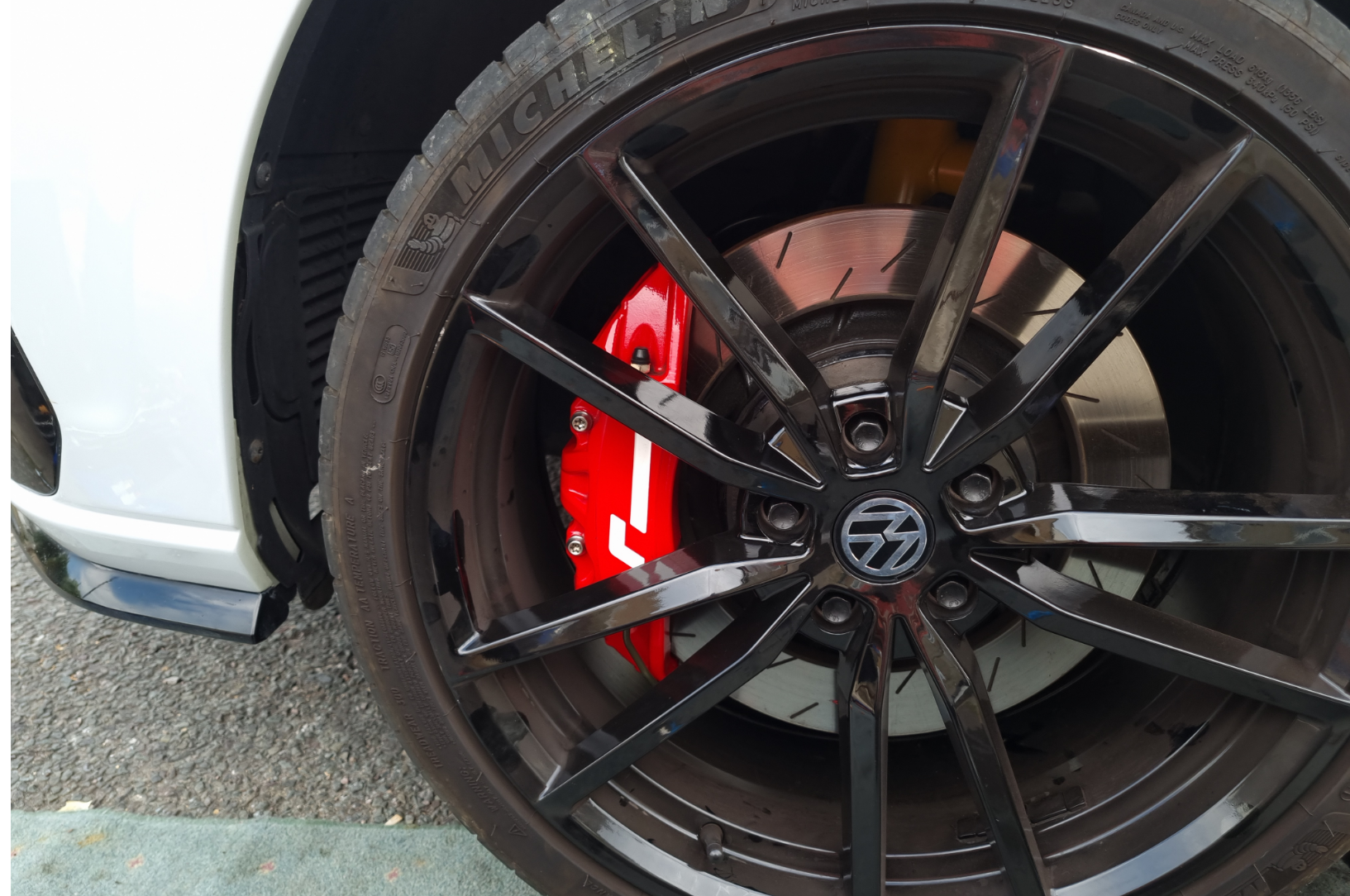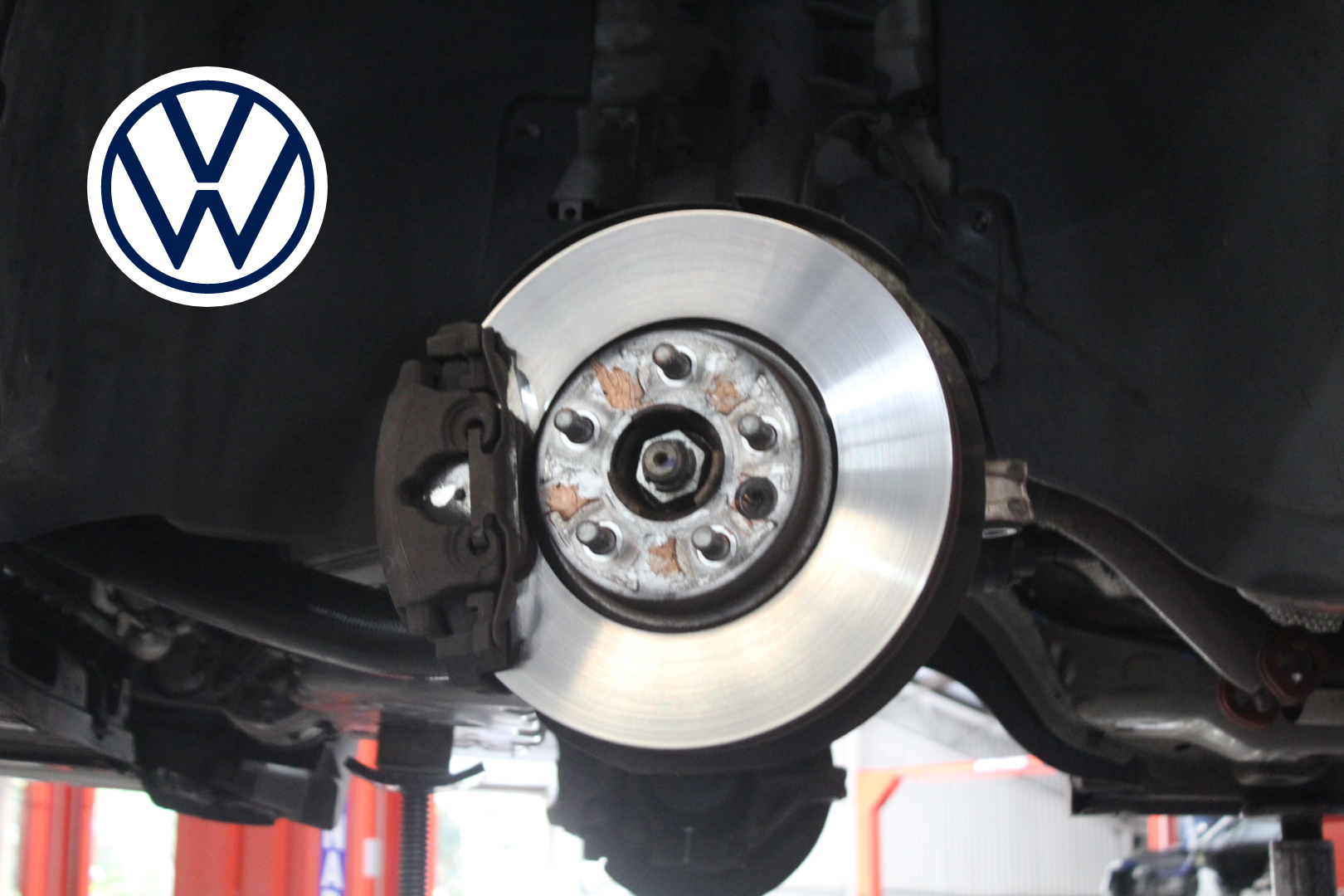Your Volkswagen’s braking system is designed for safety, precision, and confidence on the road. Whether you drive a Tiguan, Golf, Polo, or Passat, keeping your VW brakes properly maintained is one of the most important parts of owning a European vehicle.
In this guide, we’ll cover how long your brakes should last, why they sometimes squeak, and what’s involved in servicing them so you can stay safe and save money on unnecessary repairs.

Why Do VW Brakes Squeak?
If you have noticed your VW brakes squealing or your VW Polo brakes squeaking, you are not alone. Brake noise is one of the most common complaints among Volkswagen owners.
Squeaking or squealing can be caused by:
- Brake pad wear indicators that make noise when pads are getting low
- Dust or debris between the pad and rotor
- Glazed pads caused by overheating or heavy braking
- High-performance brake materials that naturally make more noise when cold
It is usually not a sign of immediate danger, but it is a clear indicator that your brakes should be inspected. A workshop that specialises in VW brakes and repair can clean, resurface, or replace components before they become costly.

How Long Do VW Disc Brakes Last?
If you are wondering how long disc brakes last on a VW Golf, the answer depends on how and where you drive.
In Brisbane’s stop-start traffic, brake pads generally last 30,000 to 50,000 kilometres, while rotors can last up to 80,000 kilometres. Drivers in hillier areas or those who tow with SUVs like the VW Tiguan or VW Touareg may see faster wear due to heavier braking loads.
Regular inspections at your scheduled service will help identify wear early and avoid uneven braking or vibration through the pedal.
VW Brake Service for Every Model
Different Volkswagens have different braking setups, and each requires specific care:
- VW Tiguan Brakes – Heavier SUV models often experience faster rear brake wear. Regular inspections are essential, especially if towing.
- VW Passat Brakes – Known for smooth, quiet operation, but can develop squeal if the pads glaze over.
- VW Touareg Brakes – High-performance braking system that benefits from quality rotors and pads to manage its size and power.
- VW Up Brakes – Smaller components that are inexpensive to maintain, but sensitive to cheap aftermarket parts.
- VW Polo Brakes – Compact and efficient, but rear brakes can be tricky to replace correctly (see below).
- VW Caddy Brakes – Commercial loads mean higher wear on pads and rotors, so regular servicing is crucial for safety.
No matter which model you drive, choosing an experienced European specialist ensures your brakes are serviced to Volkswagen’s exact standards.
How to Change Rear Brakes on a VW Polo
If you have ever searched how to change rear brakes on a VW Polo, you will know it is not as straightforward as it sounds. Modern Volkswagens use electronic parking brakes and integrated sensors that require special tools to retract the calipers.
While DIY videos might make it look simple, using the wrong procedure can damage the calipers or trigger warning lights. It is always safer to let a professional VW technician handle the job using the correct diagnostic equipment to reset the system and confirm brake balance.
VW Fixed-Price Brakes Explained
Volkswagen dealerships sometimes offer VW fixed-price brakes as part of their service packages. These are set prices for pad and rotor replacements on certain models, designed to give drivers cost certainty.
While convenient, these packages often only cover specific jobs. Independent European workshops can usually offer the same quality parts, including OEM or genuine VW components, at a more competitive rate with the flexibility to address any other issues found during inspection.

VW Performance Brakes and Upgrades
If you drive a GTI, R-Line, or simply want sharper stopping power, VW performance brakes might be worth considering. Upgraded pads and rotors provide better heat management and less fade under hard braking, ideal for spirited driving or towing.
Specialist workshops can advise on the best upgrade options for your specific model, whether it is a VW Passat, Tiguan, or Golf GTI.
When to Book Your VW Brake Service
If you notice squealing, vibration, a longer stopping distance, or your dashboard brake warning light, it is time to book a VW brake inspection.
A proper service will include:
- Checking pad and rotor thickness
- Inspecting hoses and fluid
- Testing parking brake operation
- Measuring brake fluid moisture
- Scanning for electronic brake system faults
At Bosch Service Brisbane, our technicians service the full range of Volkswagen models, from the VW Up to the Touareg, using factory-grade diagnostics and quality parts.
Final Thoughts
Whether you are wondering why your VW brakes squeak, how long your VW Golf disc brakes should last, or if it is time to service your VW Tiguan brakes, keeping on top of maintenance is the best way to ensure smooth, quiet, and confident braking.
With the right care and the help of experienced European specialists, you will keep your Volkswagen safe, reliable, and ready for every Brisbane drive.




